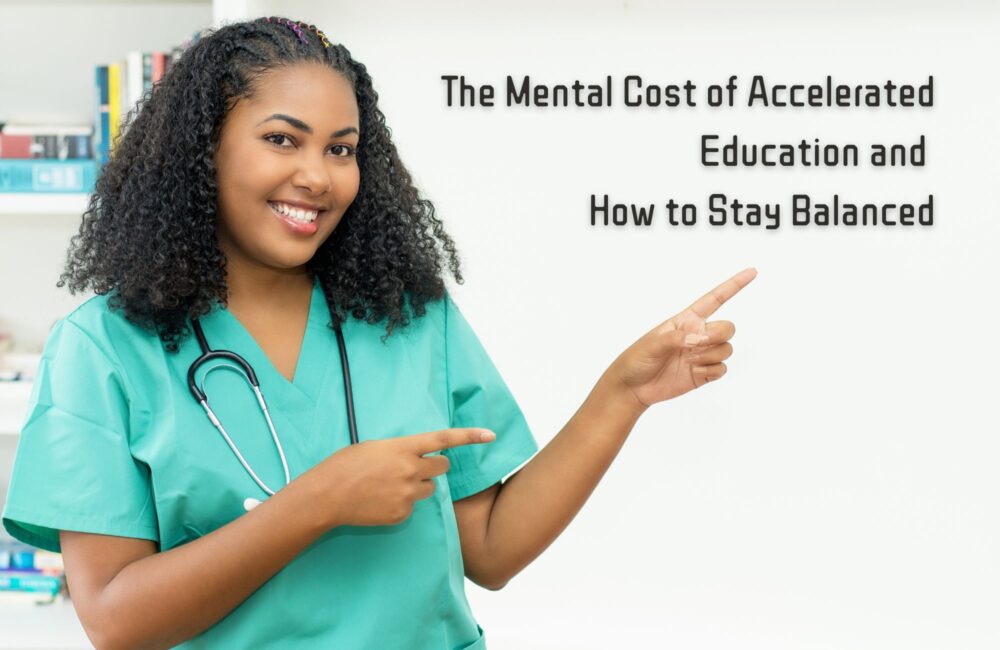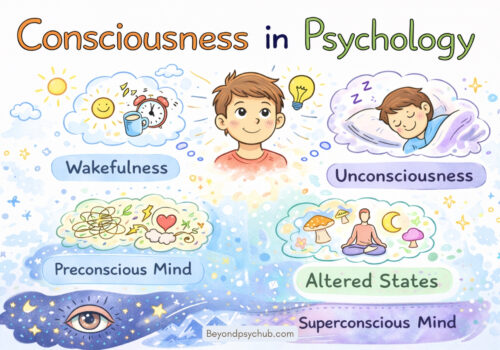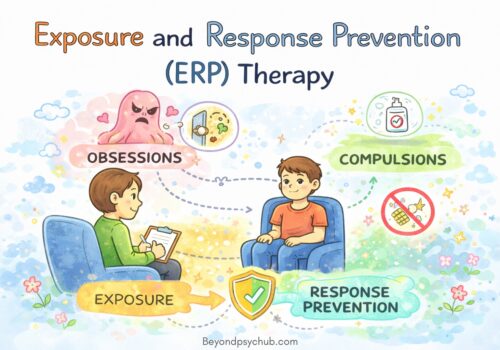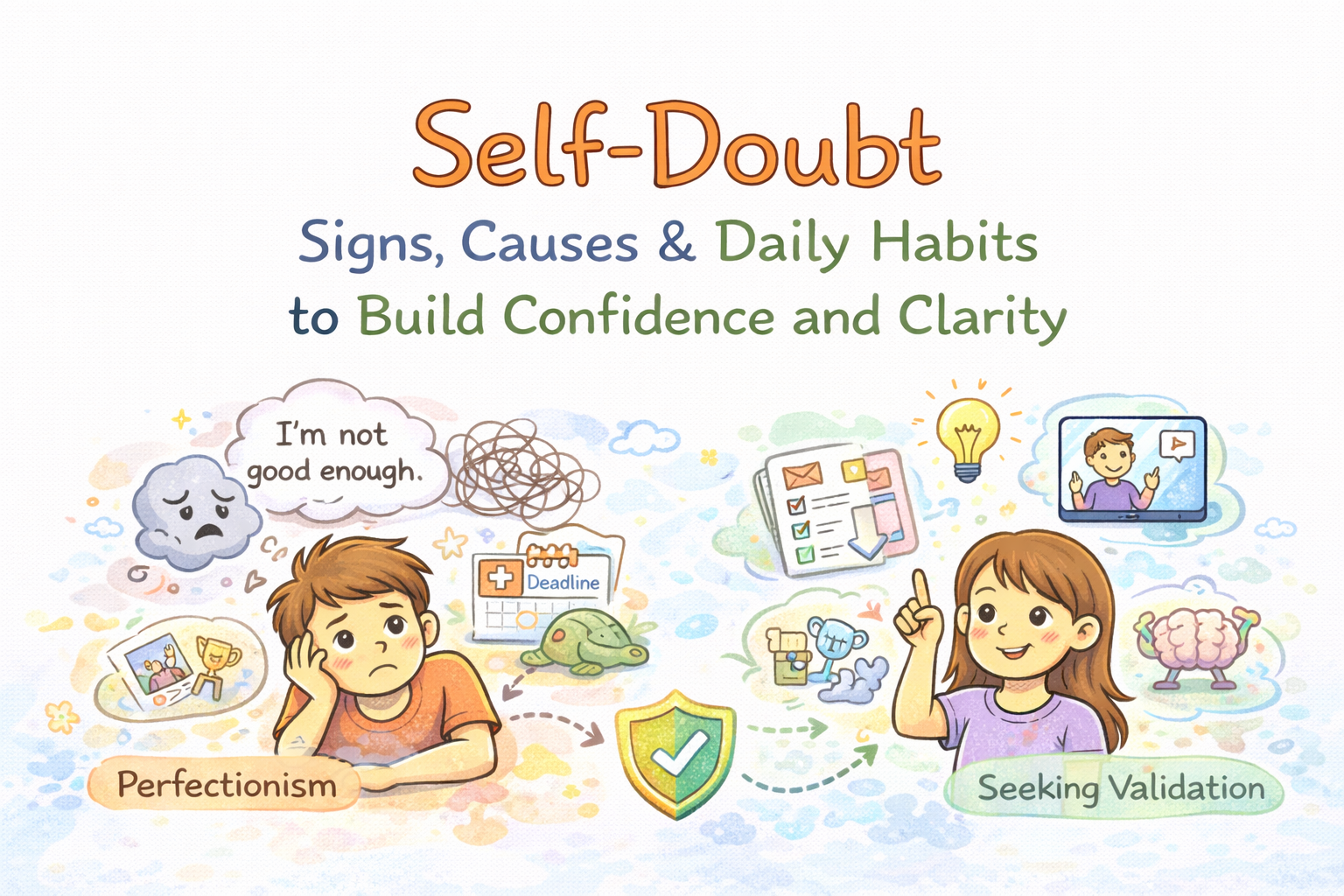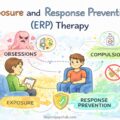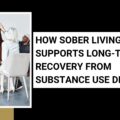Accelerated college programs allow you to shave years off your certification process. They are generally only available for professions that require very specific licensure requirements. For example, nursing school, social work, and education. The reason these careers are able to offer accelerated programs is that they have well-defined criteria for acceptance. One of them is usually that you must already hold a bachelor’s degree.
In fact, it’s having a bachelor’s degree that makes the accelerated nature of these programs possible. You’ve already taken your gen eds, now you just need to focus on the certification requirements. Even still, learning a new profession in 12 to 18 months is intensive. In most cases, you’ll need to put in between 25 and 40 hours a week to make it happen.
That’s not feasible for everyone, particularly not if they are already working a job or taking care of a family. While these curricula are designed to be flexible enough to allow you to hold down a job, it will mean achingly long hours and can often result in anxiety and feelings of being burned out.
In the next few sections, we’ll take a look at the specific risks and help you determine if this route is right for you.
Mental Fatigue
One of the most obvious and threatening risk factors is that of mental fatigue. Basically, your brain just becomes exhausted. That sounds whimsical or maybe made up, but it is a real issue. Our brains only have so much stamina. When we work for more than a few hours or so, we are running on fumes, so to speak. That doesn’t mean we can’t do any more than 240 minutes of work in a day, though, wouldn’t it be nice if that were the case? It does mean that we will generally experience diminished returns the longer we spend beyond our zone of deep focus.
Every choice very literally subtracts from our brain’s ability to function at its highest level. The word for this is decision fatigue, and it’s why billionaires and executives often wear the same things every day. Yes, they are being a little quirky. Probably, they are playing into their personal brand, but there is actual science behind it. The fewer choices you make, the more energy you can have for major considerations.
When you are putting in a full day at your job and then working on your degree, you are using up a ton of mental stamina. You might find that things that would ordinarily be relatively easy for you—completing reading assignments, for example—all of a sudden feel exhausting or even downright impossible. When you get to this point, it doesn’t necessarily mean that continuing with the accelerated program is not for you. It does mean you will need to look for ways to minimize your mental stress.
One great solution, if it is possible for you, is to seek support with as many day-to-day tasks as you can. For example, help with your kids, support with chores around the house, etc. Even a little bit of relief in your daily responsibilities can free up the mental space you need to stay on track with your education.
You might also consider asking your current employer for reduced responsibilities at work—going part-time, for example, or limiting your schedule to certain days. This won’t work for everyone. In situations where that kind of flexibility isn’t possible, you really have two options: decide that the accelerated program isn’t the right fit, or accept that the next 18 months are going to be uncomfortable and exhausting.
Increased Stress
Stress happens in your brain. Obvious? But understanding this fact at a more fundamental level is key to cutting it out of your life. There are actual chemicals that make you feel overwhelmed. Namely, adrenaline and cortisol.
You don’t want to do away with these entirely. They very literally get you out of bed in the morning. Cortisol is at its highest, on average, at around three AM. Because of a nightmare? No. Well. Maybe. But more typically, you need to be able to activate at a functional level every morning.
They’re there to alert you to danger. Unfortunately, “danger” is a somewhat relative term. What once might have warned an early human about the nearby presence of a saber-tooth tiger now goes off like an atomic bomb in response to office-related anxiety.
It’s not ideal, but it’s what we are left with.
Unfortunately, chronic stress doesn’t necessarily go away on its own. You need habits to dial it back naturally. Diet. Exercise. Better sleep. Meditation. Time in nature. Playing board games. Spending time with your pet.
The challenge is that these habits are also the first things to disappear when your schedule gets too full.
While no one can add more hours to your day, it might help to remember the old meditation saying: “Everyone should meditate for 30 minutes a day. Unless you don’t have time, then you should meditate for an hour.”
When to Move On
There might come a time when the cons start to outweigh the benefits. That’s a valid and reasonable reaction to the stress of an accelerated program. Burnout is incredibly common in many of the fields that offer these programs—nursing, social work, education—and you don’t want to drain your passion for a career before you’ve even started the job.
If your stress levels feel unsustainable, it may be time to take a step back and re-evaluate your options. The good news? If you already hold a college degree, more traditional certification paths may still be faster than you think. Many programs allow you to enroll in certification-only tracks, which focus exclusively on the coursework relevant to your new field. While they may not be finished in 12–18 months, they can often be completed in four or five semesters, without the same level of intensity that accelerated programs demand.
Of course, timelines vary from person to person and school to school. If you’re considering a change, talk to a guidance counselor at your institution of interest. They can help you understand your options clearly and create a personalized plan.
The key takeaway is this: there’s no one “right” way to switch careers. You don’t have to choose a path that feels miserable. Yes, there’s value in embracing short-term discomfort for long-term gain—but if you’re beginning to worry that you won’t finish the program at all, that’s a strong signal to reassess.
There’s no shame in choosing a more sustainable path. Pick a route where you have breathing room to prepare adequately for your exams and live a more balanced life, if that’s what makes the most sense to you.
Everyone runs differently. What matters most is that you’re taking steps toward a career you love—and that you arrive with your energy and passion still intact.


